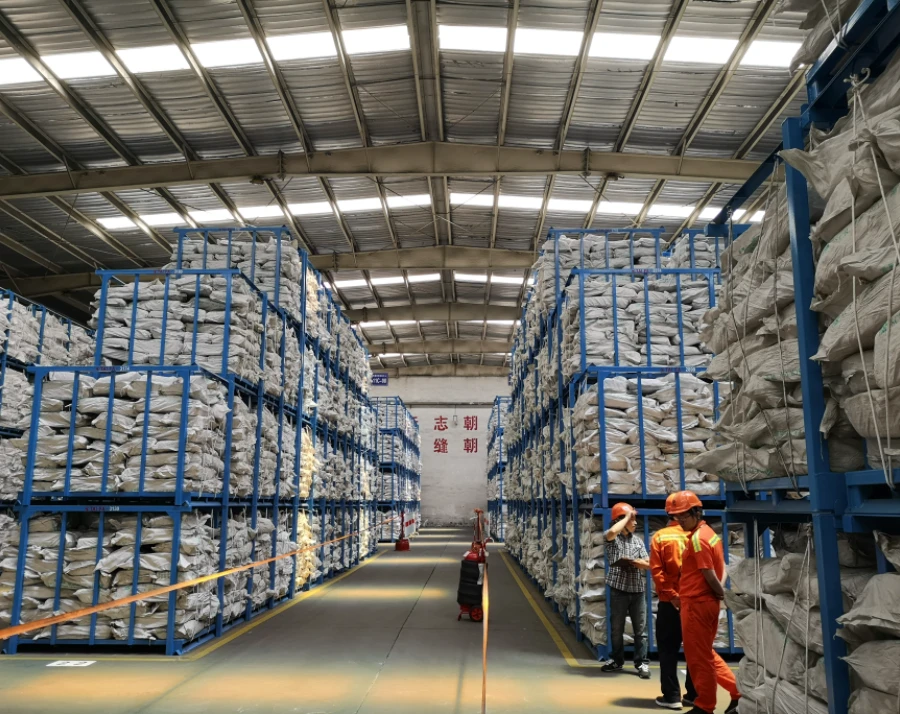



potassium nitrate purification
Purification of Potassium Nitrate Methods and Importance
Potassium nitrate (KNO3), a vital compound in various industries, is widely used as a fertilizer, a food preservative, and in the production of fireworks. However, to maximize its efficiency and safety in applications, the purification of potassium nitrate is essential. This article discusses the methods commonly employed for its purification and the significance of these processes.
Purification of Potassium Nitrate Methods and Importance
One of the most common methods for purifying potassium nitrate is recrystallization. This process takes advantage of the differences in solubility of potassium nitrate and its impurities in a solvent, usually water. The first step involves dissolving the crude potassium nitrate in boiling water. As the solution cools, potassium nitrate crystallizes out, while many impurities remain dissolved in the solution. By carefully controlling the temperature and the concentration of the solution, high-purity potassium nitrate can be obtained.
potassium nitrate purification

Another effective method is fractional crystallization. This technique is particularly useful when potassium nitrate is present alongside other similar salts. In fractional crystallization, the solution is gradually cooled or concentrated, allowing different salts to crystallize at various stages based on their solubility. This method allows for the selective removal of impurities, leading to higher purity levels of potassium nitrate.
In some cases, ion-exchange methods can also be employed for purification. This involves the use of ion-exchange resins that selectively remove unwanted ions from the solution. By passing potassium nitrate solution through these resins, impurities are captured, effectively purifying the compound. This method is beneficial for large-scale production facilities where efficiency and consistency are paramount.
The significance of purifying potassium nitrate cannot be overstated. In agriculture, high-purity fertilizers lead to better crop yields and soil health. Impurities in fertilizers can have adverse effects on plant growth and soil quality. For food preservation, the presence of contaminants can compromise food safety and shelf life. In industrial applications like pyrotechnics, purity is essential for the reliability and safety of the products.
In conclusion, the purification of potassium nitrate is a critical process that enhances its value across various sectors. Methods such as recrystallization, fractional crystallization, and ion-exchange play a vital role in ensuring high purity levels. With the increasing demand for quality fertilizers and safe food preservation techniques, the importance of effective purification methods continues to grow. Investing in these purification processes is not just an investment in product quality but also in the overall health of our ecosystems and safety standards in food production.
-
Why Sodium Persulfate Is Everywhere NowNewsJul.07,2025
-
Why Polyacrylamide Is in High DemandNewsJul.07,2025
-
Understanding Paint Chemicals and Their ApplicationsNewsJul.07,2025
-
Smart Use Of Mining ChemicalsNewsJul.07,2025
-
Practical Uses of Potassium MonopersulfateNewsJul.07,2025
-
Agrochemicals In Real FarmingNewsJul.07,2025
-
Sodium Chlorite Hot UsesNewsJul.01,2025










